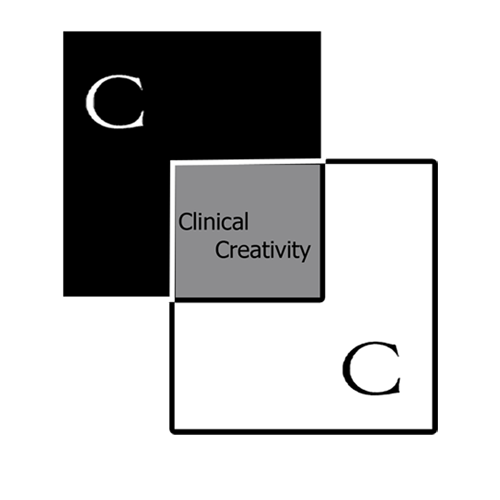You know the old joke, "if a plane crashes on the border of France Holland and Belgium 99 people are killed where do you bury the survivors? " say it quickly and a debate follows on international law.
I feel we're enacting that joke in the real world right now over virtual consultations. This new frontier, like many new frontiers, is moving ahead of the laws meant to govern it. When you consider an online consult the current default is that same country consults are safest, governed by the law of one land. The inherent lack of geography contained in teleconsultation means that not only is it possible to consult with people in different countries, there are certain times it's preferable and safer than face to face.
Seeking primary care attention or specialist advice whilst on holiday may be facilitated online safer and more effectively than a random visit to local facilities with different languages, drugs and guidelines.
If I'm ever lucky enough to pre-retire I'd like to spend some time abroad and have considered teleconsultation as a way of maintaining professional practice whilst outside the UK.
The biggest single barrier is indemnity.
If I'm in France and consult via servers in the UK with a patient who is on holiday in Dubai where do you handle the claim?
In other words where does the consultation happen?
Cyber law currently lacks clarity. Hack a server in the states - the feds want you, but extradition may not happen so you are charged in the UK.
I would suggest that since both patient and doctor choose to use the same online service they are both agreeing to consult in that "location" . So the legalities of the host nation providing the online environment have primacy. The clinician will need accreditation in that country.
The alternative is chaos. The alternative is to suggest that the chair in which I sit as a doctor plays a bigger part in the consultation than the screen I use. The alternative suggests that the nature of a patient doctor consultation is influenced by the sunshine, air temperature and humidity the patient is experiencing.
You could argue that the exchange of information is between the mind of the patient and the medic and that therefore the consultation occurs 50% in that patients country and 50% in the medics and has nothing to do with the location of the servers facilitating the consult. That would be useful if it were then possible to prove the "processing error" happened either in the mind of the doctor or patient. However it still means that the actual consultation occurs in two places at the same time.
Arguing that the consultation takes place only in either participants head is, I suggest flawed and not worth exploration.
So, to sum up, when you undertake a consultation I would suggest that the location in which the consultation happens is the location in which the consultation happened, whether you consult me face to face at Wingate Medical Centre, call my phone number at Wingate Medical Centre or video call me at Wingate Medical Centre the consultation happens there, at Wingate Medical Centre.
When you call it matters not to you whether I'm in room 15, the meeting room, at home or abroad- the consultation happens at Wingate Medical Centre.
You see, there's no need to bury the survivors.
